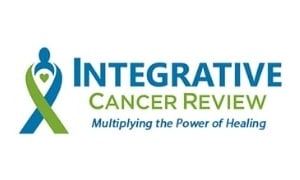An ancient mind-body practice combining movement and stretches with meditation, yoga is used to manage symptoms and side effects and body terrain imbalances common in cancer.
Safety and precautions
Yoga involves movement and balance, and novices are highly recommended to practice under the supervision and guidance of a certified professional, preferably one trained in the needs of cancer patients.
Yoga includes many different subtypes (see Affordability and access › ), and one among them is likely more suited for people with any specific physical limitations you may have. We advise cancer patients interested in beginning yoga to consult their physicians and find yoga teachers trained in yoga for cancer patients.
Increased breathlessness with physical activity is a concern for people with lung cancer, but a standardized Viniyoga protocol may allow people to participate in yoga without causing breathlessness.
Side effects or adverse events
People practicing yoga can experience injuries. These are among the most common:2YogaRenew Teacher Training. 5 common yoga injuries and how to avoid them. YogaRenew. February 18, 2020. Viewed May 1, 2022.
- Wrist strain or injury
- Lower back pain
- Shoulder strain
- Knee pain or discomfort
- Neck compression
People with cancer may experience or have increased risk of bone loss, lymphedema, neuropathy, and other conditions as a result of cancer treatments. Some poses may need to be altered to reduce risk of injury. A trained leader, especially one trained in leading yoga among people with cancer, can reduce your risk of injury.
Do not use (contraindications)
If you have an injury, are recovering from recent surgery, or have been advised by your oncologist not to practice yoga due to bone metastases or other conditions, yoga may not be recommended. Follow your doctor’s advice.
Qigong may be a gentler alternative if yoga is not recommended for you.
Helpful links
References


